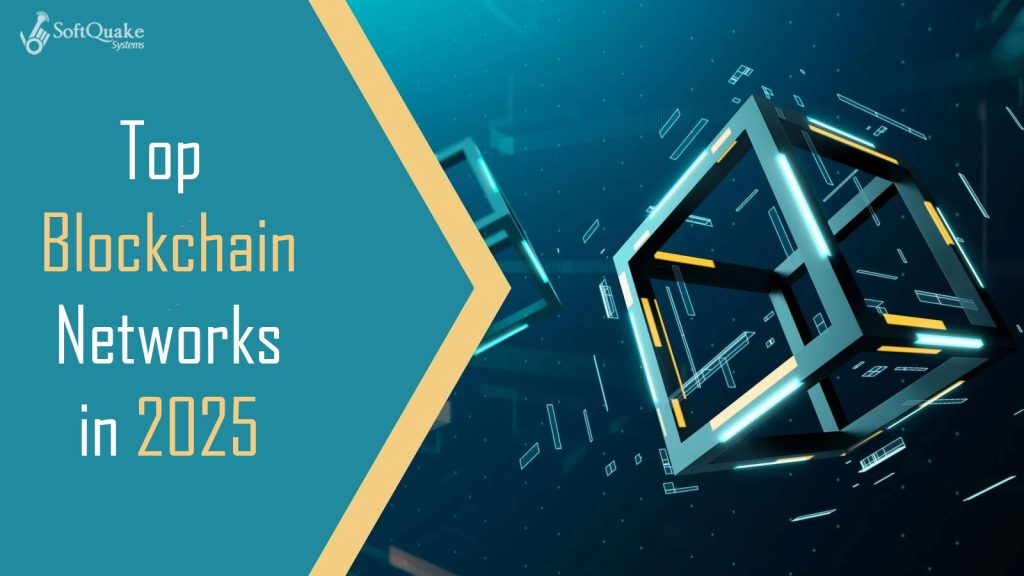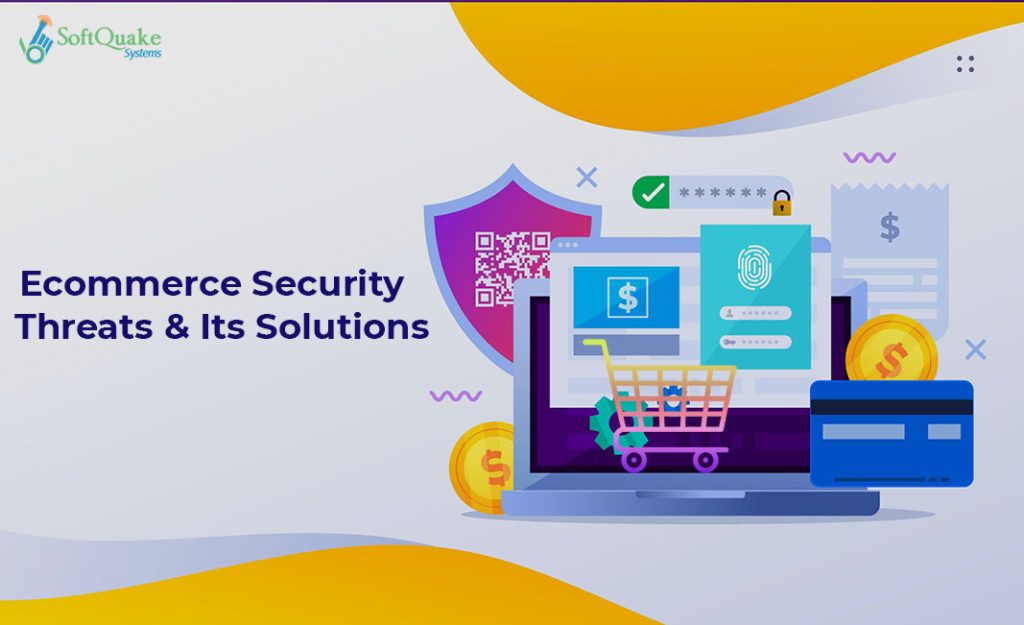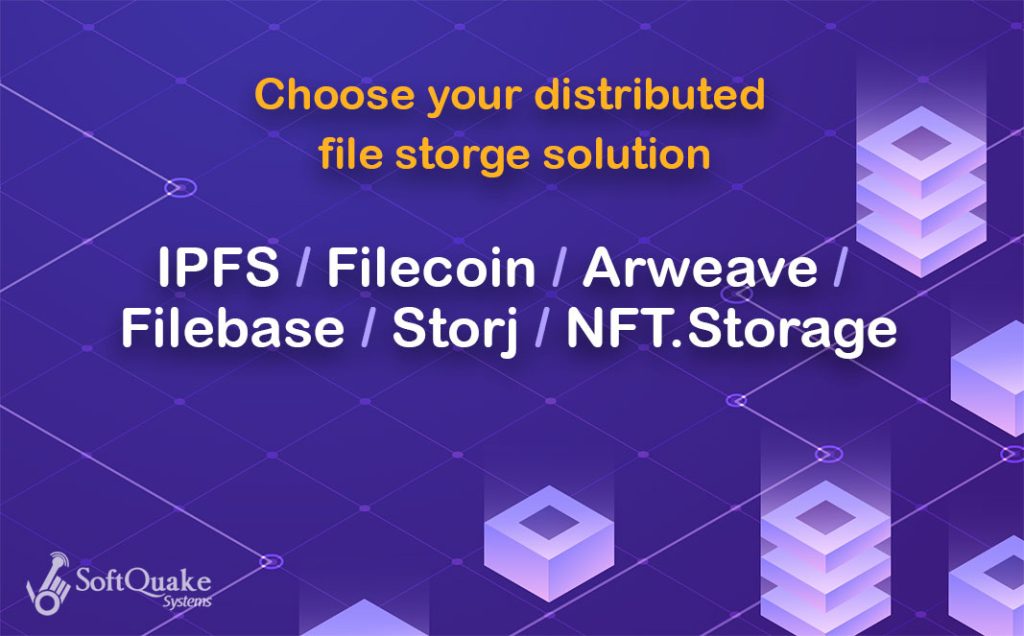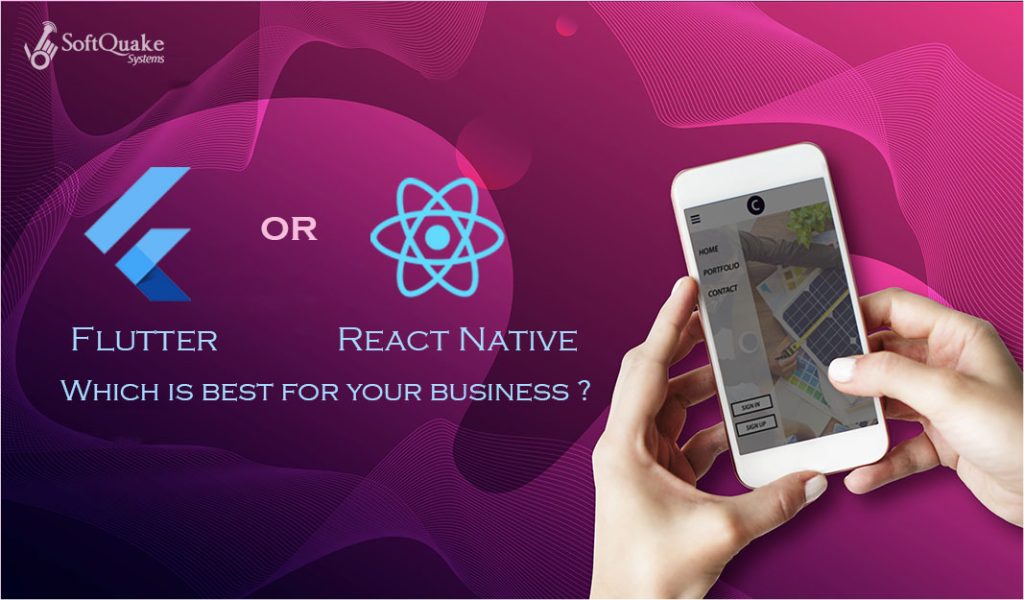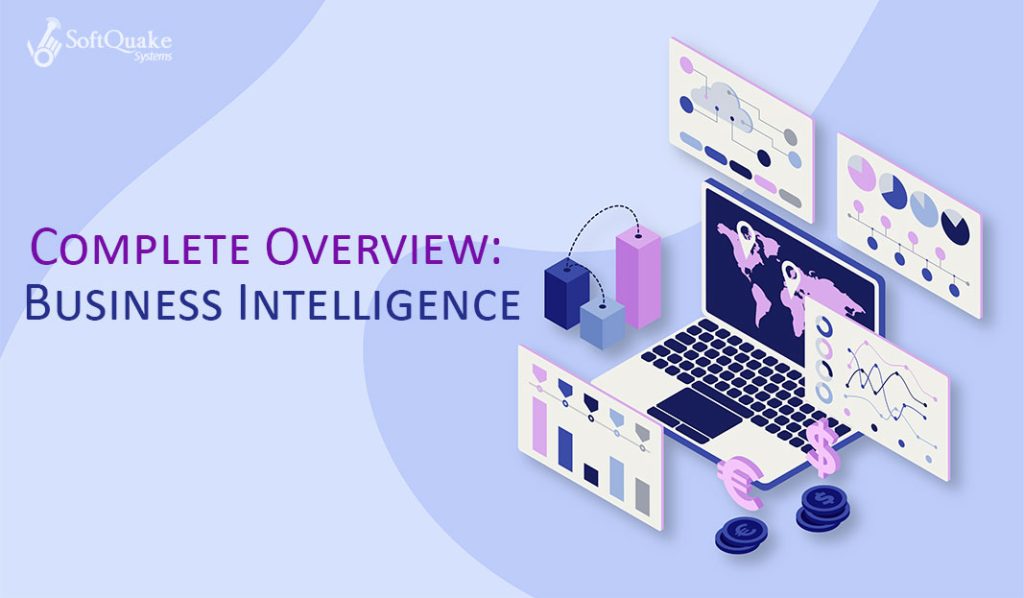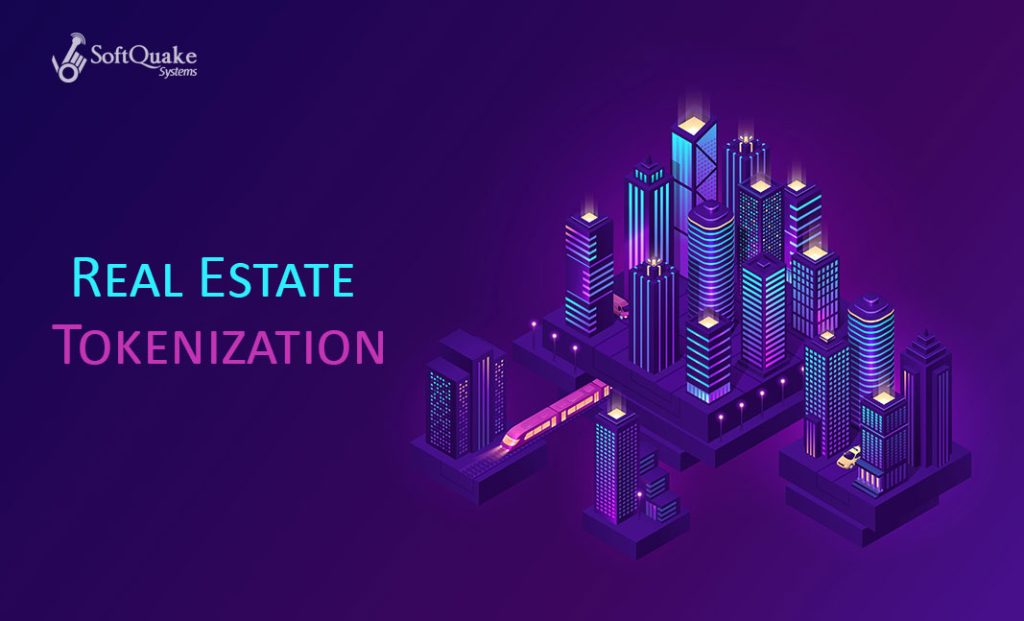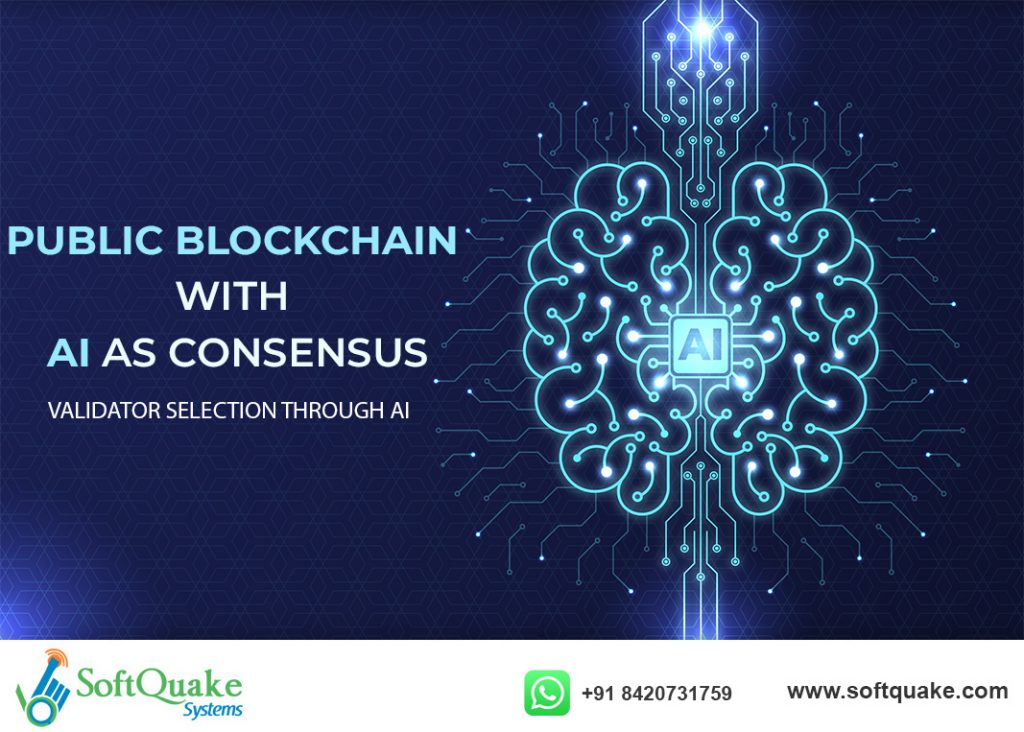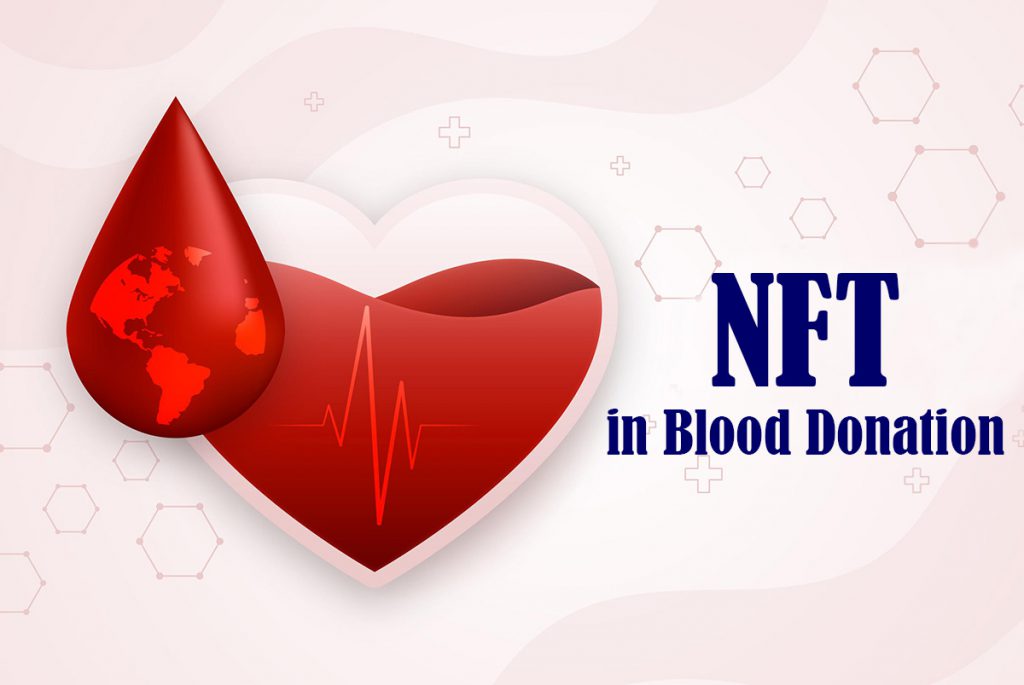
In the realm of blockchain technology and cryptocurrencies, Decentralized Autonomous Organizations (DAOs) have emerged as a revolutionary concept. DAOs represent a shift from traditional organizational structures to a model where decision-making processes are decentralized and automated through smart contracts. This article explores the fundamentals of DAOs, their benefits, challenges, and potential future impact on various industries.
What is a DAO?
A Decentralized Autonomous Organizations (DAOs) is an entity governed by smart contracts and driven by a decentralized network of stakeholders. These smart contracts are self-executing agreements with the terms of the contract directly written into lines of code. DAOs operate on a blockchain, ensuring transparency, security, and immutability. Unlike traditional organizations, DAOs do not have a centralized leadership; instead, they rely on collective decision-making by their members, who hold governance tokens.
Purpose of Decentralized Autonomous Organizations (DAOs):
The primary purpose of DAOs is to create an organizational structure that is more democratic, transparent, and efficient than traditional hierarchical models. By decentralizing decision-making and automating processes through smart contracts, DAOs aim to reduce administrative overhead, eliminate intermediaries, and foster a more inclusive and participatory form of governance. DAOs are designed to operate autonomously and transparently, with all decisions and transactions recorded on the blockchain.
How Does a DAO Work?
- Creation: A DAO is created by deploying a set of smart contracts on a blockchain. These contracts define the rules and protocols of the organization.
- Token Issuance: The DAO issues governance tokens to its members, which represent voting power. These tokens can be earned, bought, or distributed through initial coin offerings (ICOs) or other means.
- Proposal and Voting: Members can submit proposals for changes, projects, or initiatives. These proposals are then voted on by token holders. The voting process and the execution of decisions are governed by the smart contracts.
- Execution: Once a proposal is approved by the majority (or a predefined threshold) of token holders, the smart contracts automatically execute the agreed-upon actions.
- Continuous Operation: The DAO continues to operate autonomously, with members actively participating in governance and decision-making processes.
Benefits of DAOs:
- Decentralization: Power is distributed among all members, preventing any single entity from having control.
- Transparency: All activities, decisions, and financial transactions are recorded on the blockchain and can be audited by anyone.
- Efficiency: Automated processes reduce the need for intermediaries and minimize administrative overhead.
- Inclusivity: Global participation is encouraged, allowing anyone with tokens to contribute to the decision-making process.
- Security: The use of blockchain technology and smart contracts ensures tamper-proof operations.
Limitations of DAOs:
- Legal and Regulatory Uncertainty: The legal status of DAOs varies across jurisdictions, creating challenges for compliance and governance.
- Smart Contract Vulnerabilities: Bugs or vulnerabilities in the code can lead to significant financial losses and operational disruptions.
- Governance Issues: Unequal token distribution can lead to power concentration, undermining the principle of decentralization.
- Scalability: Managing a large number of participants and proposals can be complex and may affect efficiency.
- Coordination Challenges: Reaching consensus among a diverse and dispersed group of stakeholders can be difficult.
How to Get Involved:
- Research: Learn about different DAOs, their purposes, and their governance models.
- Join a DAO: Participate in existing DAOs by acquiring governance tokens, attending meetings, and contributing to discussions.
- Propose Ideas: Engage actively by submitting proposals and voting on initiatives.
- Contribute Skills: Offer your skills and expertise to help the DAO achieve its goals.
- Create a DAO: If you have a specific vision, you can create your own DAO by developing smart contracts and rallying a community around your idea.
The Future of DAOs
The future of DAOs is promising, with potential applications extending beyond the blockchain and cryptocurrency sectors. DAOs could revolutionize industries such as finance, supply chain management, and social networking by providing more democratic and efficient organizational structures. However, for DAOs to reach their full potential, challenges related to legal recognition, security, and scalability must be addressed.
DAO Examples:
- The DAO: One of the first and most well-known DAOs, launched in 2016, it aimed to operate as a venture capital fund but faced a significant hack due to a smart contract vulnerability.
- MakerDAO: Manages the DAI stablecoin, maintaining its value pegged to the US dollar through a system of smart contracts and decentralized governance.
- MolochDAO: Focuses on funding Ethereum development projects. It operates on a membership model where contributions and decisions are made collectively by members.
- Aragon: A platform that allows users to create and manage their own DAOs with customizable governance structures.
Conclusion:
Decentralized Autonomous Organizations represent a significant evolution in how organizations can be structured and governed. By leveraging blockchain technology and smart contracts, DAOs offer a more democratic, transparent, and efficient alternative to traditional organizational models. While there are challenges to be addressed, the potential of DAOs to revolutionize industries and foster global collaboration is immense. As the ecosystem matures, DAOs are poised to play a pivotal role in the future of governance and organizational management.


 +91 8420731759
+91 8420731759
